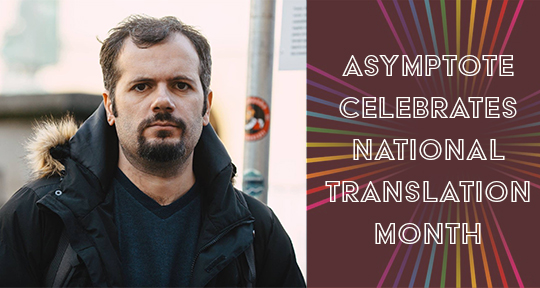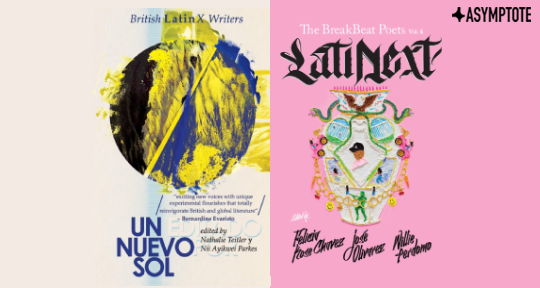This week, our writer’s bring you the latest news from Central America, Palestine, and Malaysia. Central America’s biggest book fair, FILGUA, has begun, whilst José Luis Perdomo Orellana received Guatemala’s most prestigious literary award; Palestine Writes Literature Festival has begun online, featuring over seventy writers and activists, including Angela Davis and Fady Joudah; and in Malaysia, readers have mourned the passing of prominent writer Salleh Ben Joned, whilst Georgetown Literary Festival has featured writers including Ho Sok Fong. Read on to find out more!
José García Escobar, Editor-at-Large, reporting from Central America
After many delays and obvious setbacks, Central America’s biggest book fair, FILGUA, started yesterday. As a virtual book fair, FILGUA will feature over 140 online activities, book presentations, and conversations among prominent authors, journalists, and activists, such as Daniel Krauze (Mexico), Olga Wornat (Argentina), Rigoberta Menchú (Guatemala), and Javier Castillo (Spain). They have also announced that next year’s FILGUA, as planned for this year’s, will be celebrated alongside Central America’s biggest literary festival, Centro América Cuenta.
In November, writer and journalist José Luis Perdomo Orellana received the Miguel Ángel Asturias National Prize in Literature—Guatemala’s most prestigious literary prize. José Luis is best known for La última y nos vamos, a collection of interviews with Gunther Grass, Nadine Gordimer, José Saramago, and others. Also in November, indie giants Catafixia Editorial announced they will reissue Eugenia Gallardo’s most famous novel No te apresures a llegar a la Torre de Londres, porque la Torre de Londres no es el Big Ben.
Finally, the famed Guatemalan author Eduardo Halfon recently revealed the cover of his upcoming new book Canción, shortly after The New York Review shared an excerpt. Canción is out in January with Libros del Asteriode.
Carol Khoury, Editor-at-Large, reporting from Palestine
If you are still searching for a silver lining of the dark COVID-19 cloud, here’s one to consider: five days of virtual readings, talks, and performances celebrating Palestinian literature.
Palestine Writes Literature Festival, originally scheduled to take place in New York City in March 2020 (with the postponement announced due to the pandemic), will now take place virtually 2–6 December 2020. READ MORE…









